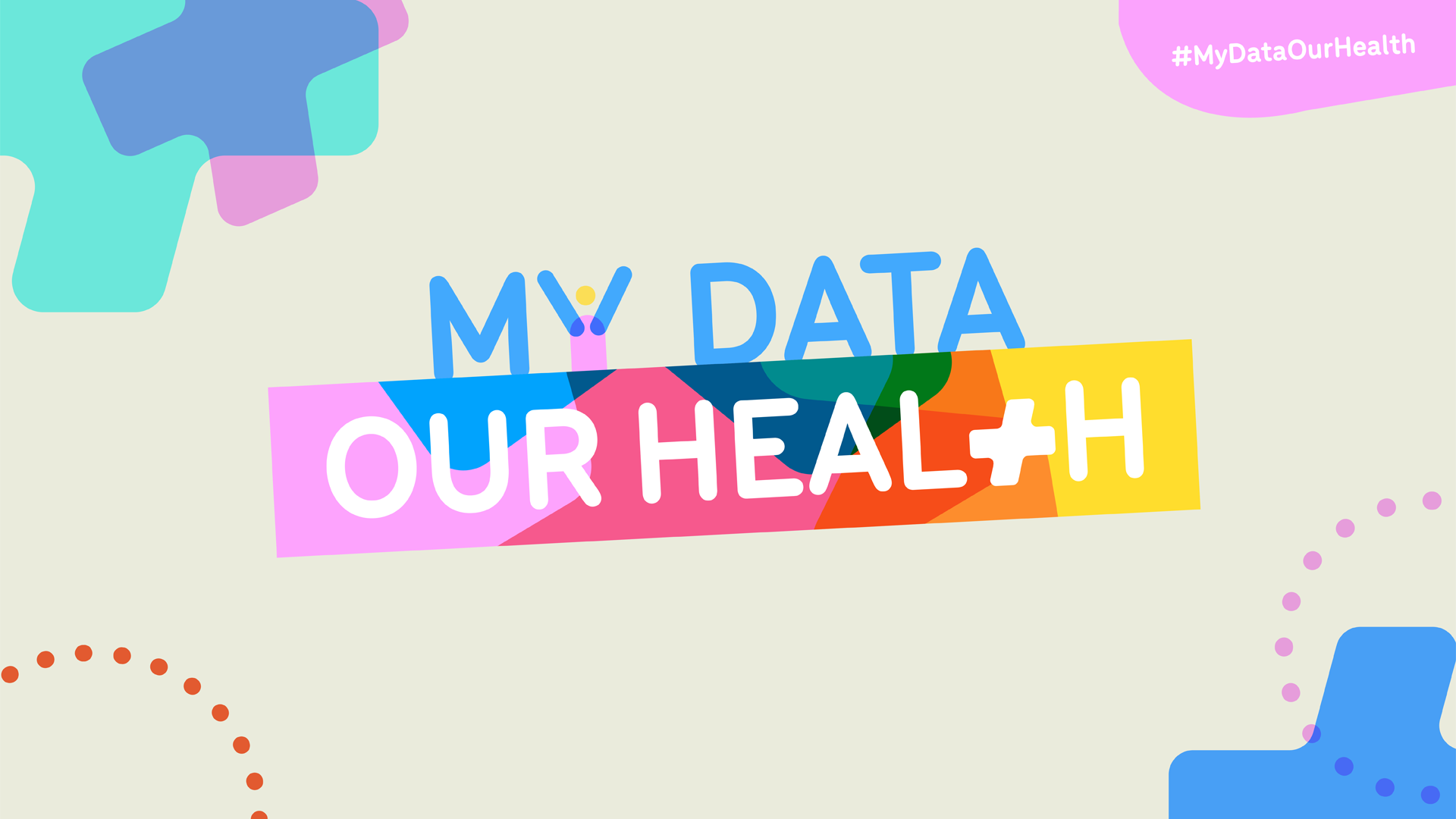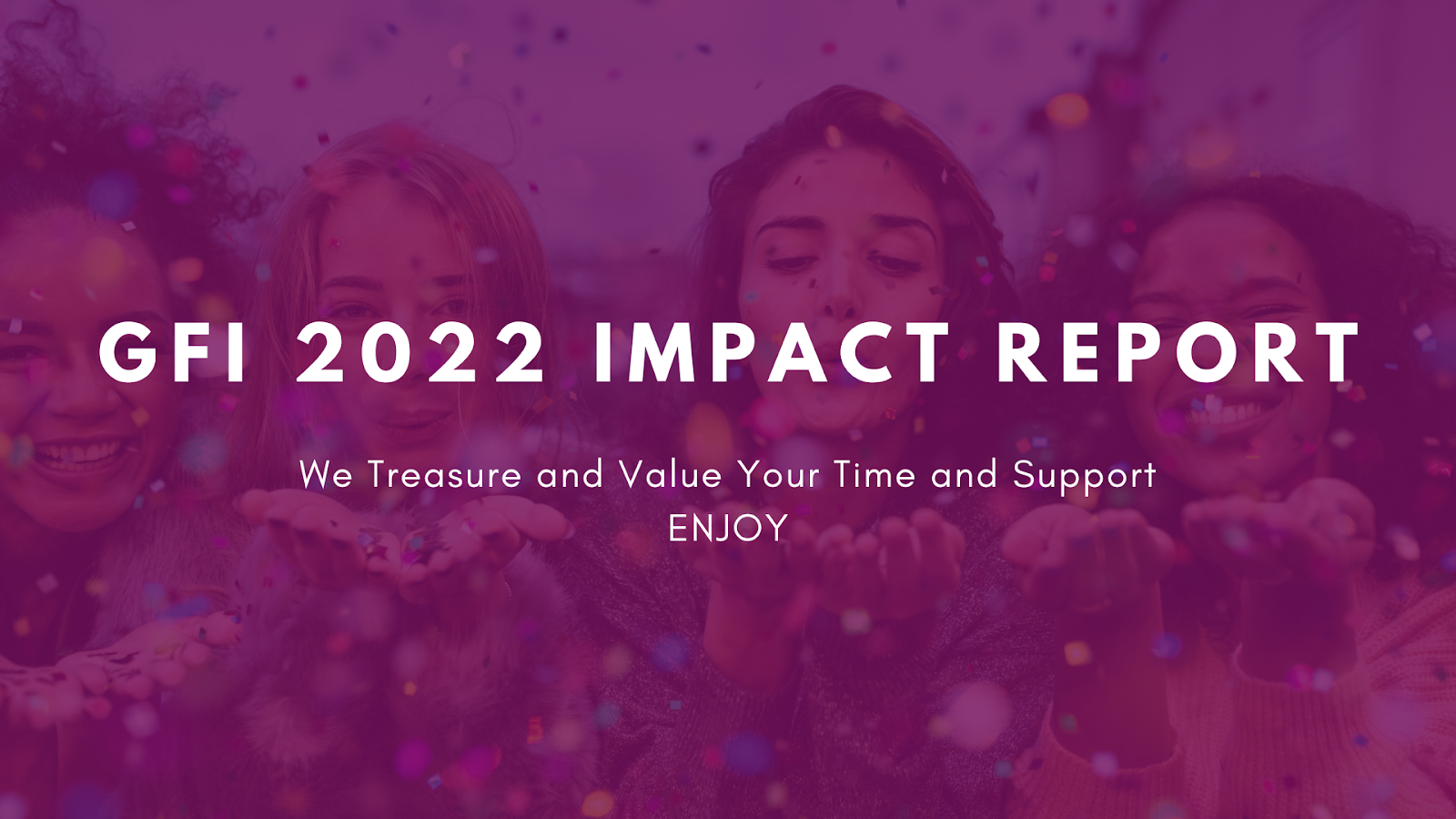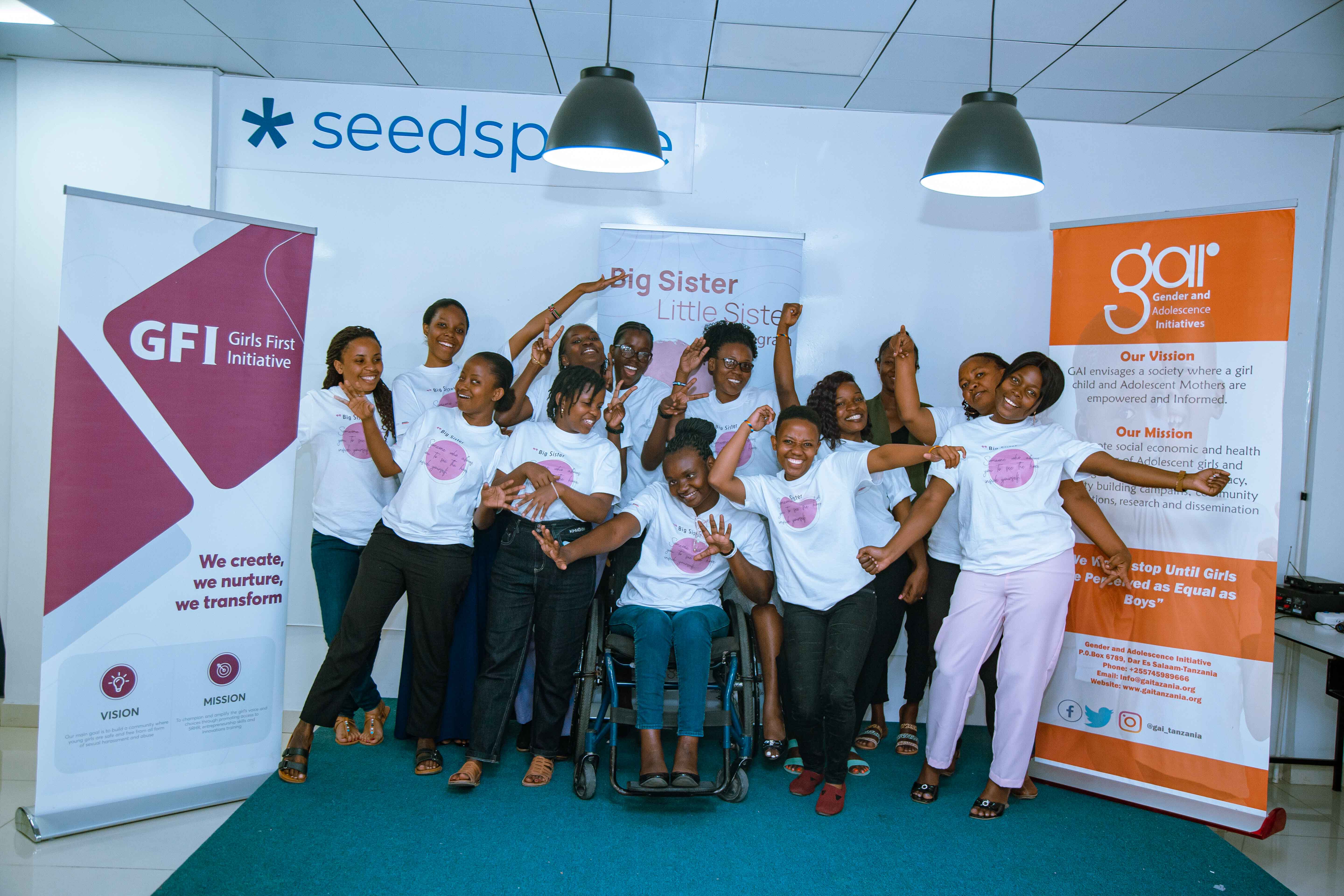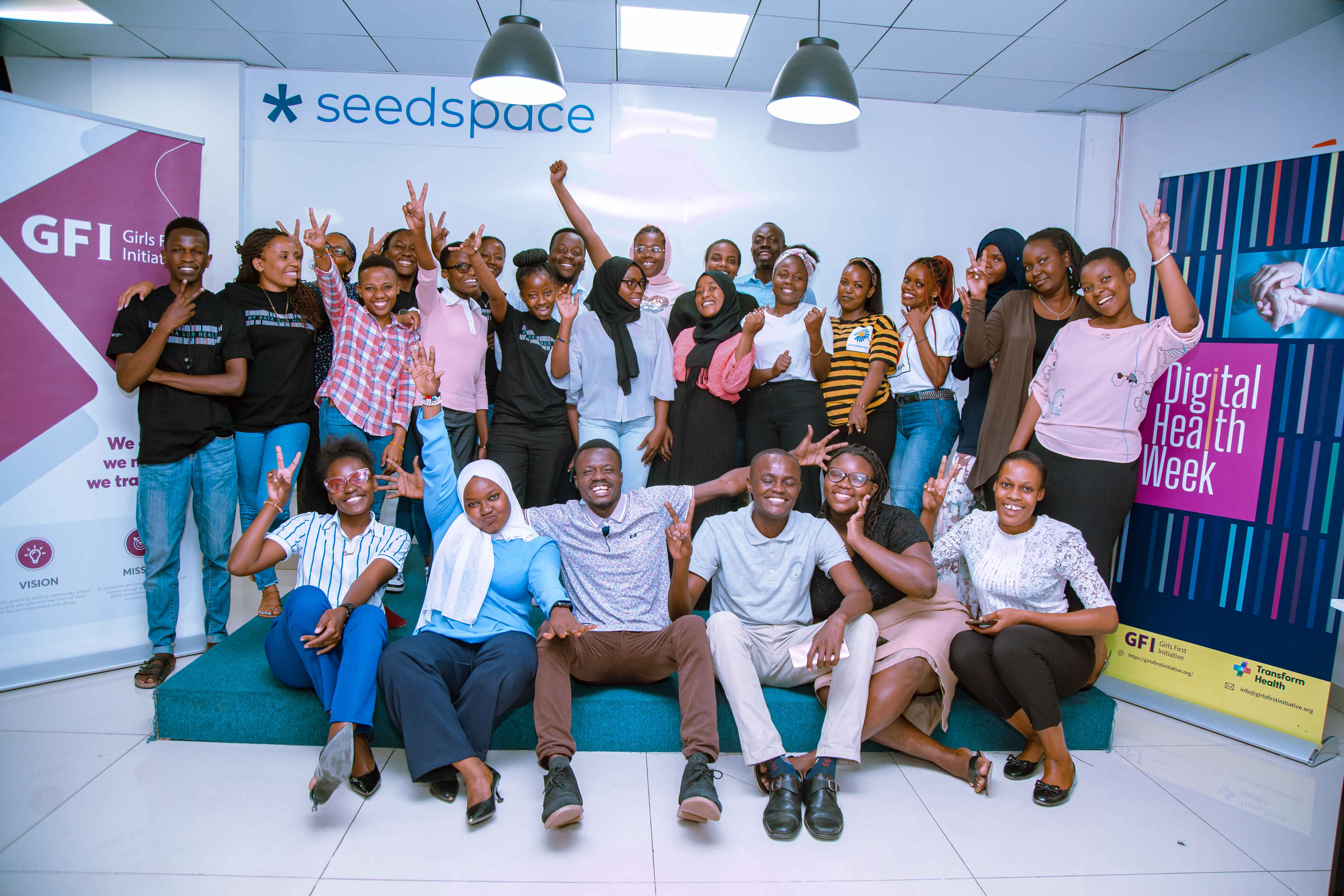WHAT IS THE ROLE OF MEDIA IN ADVOCATING HEALTH DATA ISSUES?
In today's digital age, the media plays a pivotal role in shaping public opinion and disseminating information. When it comes to health data, the media's responsibility extends beyond reporting news to advocating for accurate and meaningful information.
These are a few things the media can do
Media platforms can serve as a forum for discussions on health data, encouraging dialogue between experts, policymakers, healthcare professionals, and the public. By facilitating conversations around data-driven solutions to public health challenges, the media can contribute to the development of innovative strategies and policies that prioritize the well-being of communities.
Media outlets have the power to raise awareness about health data and educate the public on its importance. Through news articles, features, and documentaries, they can highlight the significance of health data in understanding diseases, monitoring public health trends, and informing healthcare policies. By presenting this information in a comprehensive and accessible manner, the media can empower individuals to make informed decisions about their health.
The media plays a vital role in holding institutions, governments, and healthcare providers accountable for providing accurate and up-to-date data. By reporting on data discrepancies or manipulation, journalists can promote transparency and help maintain the integrity of health information.
By acknowledging how important the role of the media is in the health industry, Girls First Initiative with EANNASO collaborated and hosted a captivating session with diverse journalists, bloggers , and esteemed media personnel! The discussion centered around the critical role of the media in advocating for health data issues.
The conversation reflected in answering the following health data questions
Who determines how our health data is collected, managed, stored and disposed of?
What are the limits of this authority?
How can we ensure this data is being used for public benefit purposes?
How much access and control do and should individuals have over their health data?
How can we ensure this ownership and control is respected and protected?
This engaging session is just one facet of our ongoing My Data, Our Health campaign. Through this campaign, we aim to empower individuals, organizations, and communities to take control of their health data, fostering transparency, trust, and data-driven decision-making.
By bringing together these influential voices, we explored how their platforms can be catalysts for change and raise awareness on this crucial topic.
💪
🙌 We extend our heartfelt gratitude to all the participants for their valuable insights and contributions. Together, we can create a powerful movement that prioritizes health data equity and amplifies the voices of those affected.






